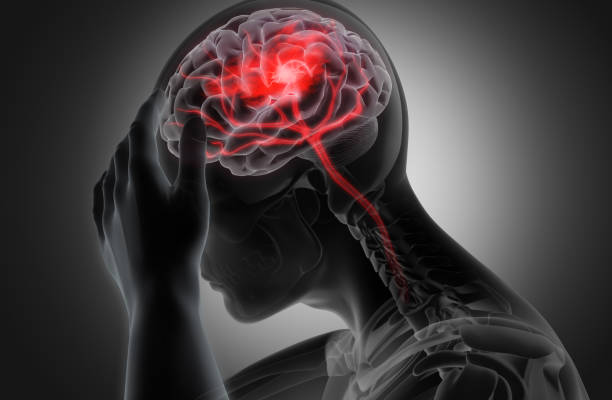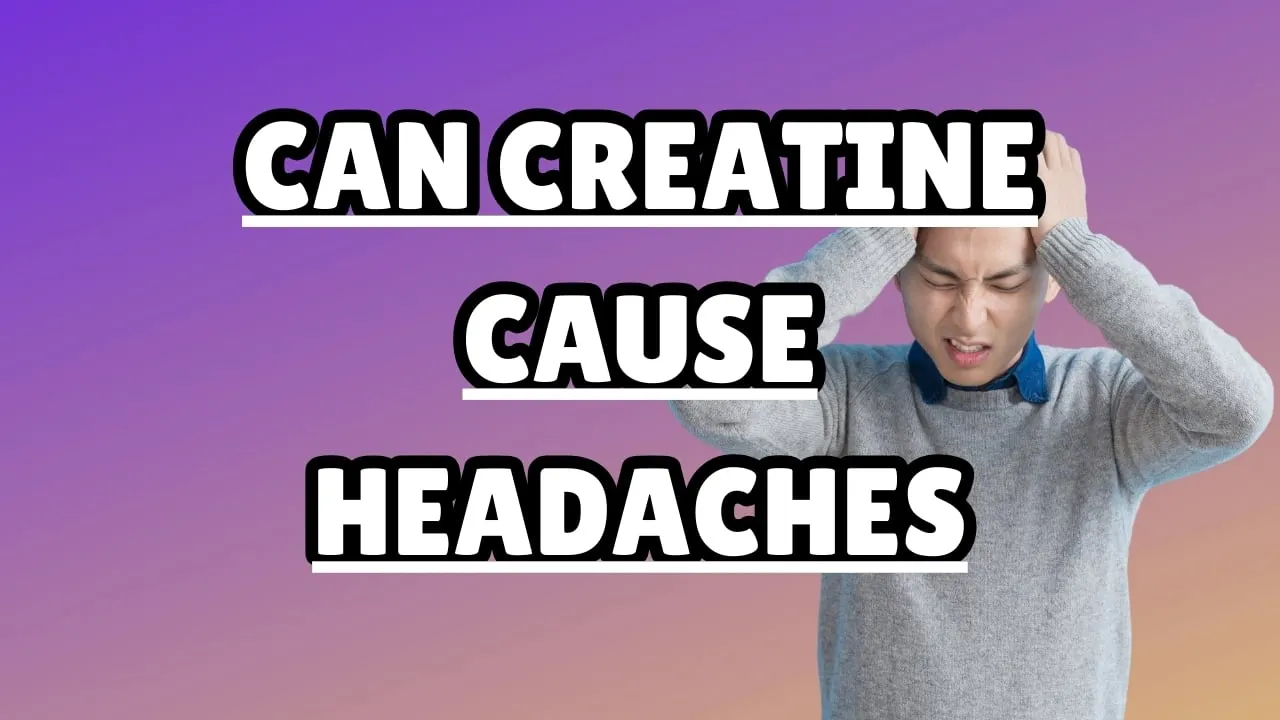Can Creatine Cause Headaches: Causes, Prevention, and Myths
Can Creatine Cause Headaches? Separating Fact from Fiction
Creatine is a popular supplement, especially among athletes and fitness enthusiasts.
However, some individuals report headaches when using creatine. This article explores whether creatine can cause headaches, the potential reasons behind this, and how to avoid such issues.
Read on to uncover the facts and ensure safe supplementation.

Outline
- What Is Creatine and How Does It Work?
- Can Creatine Cause Headaches? Exploring the Evidence
- Common Side Effects of Creatine Supplements
- Dehydration and Its Role in Headaches
- Water Retention and Headaches: Is There a Link?
- How Much Creatine Should You Take? Proper Dosage Guidelines
- Staying Hydrated: Tips to Avoid Creatine Headaches
- When Should You See a Doctor? Recognizing Serious Symptoms
- The Benefits of Creatine for Overall Health
- Summary: Preventing Headaches While Supplementing with Creatine
What Is Creatine and How Does It Work?
Creatine is a naturally occurring compound found in red meat and seafood. It helps your body produce energy during high-intensity activities.
Creatine monohydrate is the most researched form of this supplement and is widely used to enhance muscle mass and strength.
Learn more about how creatine works.
Can Creatine Cause Headaches? Exploring the Evidence
While creatine itself is not directly linked to headaches, some users report mild headaches during supplementation.
These may stem from factors like dehydration or changes in water balance. Anecdotal reports suggest a connection, but scientific evidence remains limited.
Discover more about creatine supplementation side effects.
Common Side Effects of Creatine Supplements
Creatine supplementation is generally safe. However, some reported side effects include:
- Mild headaches
- Muscle cramps
- Digestive discomfort
- Water retention
These effects are typically mild and manageable with proper hydration and dosing.
Explore the myths and facts about creatine.

Dehydration and Its Role in Headaches
Dehydration is a common cause of headaches. Creatine draws water into muscle cells, which may lead to decreased overall hydration if you do not drink enough water.
Drinking plenty of water throughout the day can help prevent dehydration headaches.
Find out how to stay hydrated during supplementation.
Water Retention and Headaches: Is There a Link?
Creatine supplementation may increase water retention. This could contribute to headaches in sensitive individuals due to changes in electrolyte balance. Ensuring adequate hydration can help mitigate this effect.
Compare creatine HCL vs. monohydrate.

How Much Creatine Should You Take? Proper Dosage Guidelines
The standard dosage for creatine is 3-5 grams per day. High doses or loading phases may lead to mild side effects, including headaches.
Gradually increase your dosage to allow your body to adjust.
Learn about the creatine loading phase.
Staying Hydrated: Tips to Avoid Creatine Headaches
- Drink plenty of water throughout the day.
- Monitor your water intake during workouts.
- Avoid excessive caffeine, which can lead to dehydration.
- Include electrolytes in your hydration routine.
Check out a guide to supplement forms.
When Should You See a Doctor? Recognizing Serious Symptoms
If headaches persist or are accompanied by dizziness, vision changes, or nausea, consult a doctor. These symptoms may indicate a condition unrelated to creatine use.
Understand when to take creatine: pre or post-workout.

The Benefits of Creatine for Overall Health
Creatine helps improve muscle mass, high-intensity performance, and brain health. It’s also being studied for potential benefits in managing traumatic brain injuries and supporting overall fitness.
Explore the benefits of creatine for BJJ athletes.
Summary: Preventing Headaches While Supplementing with Creatine
- Creatine is generally safe and effective.
- Mild headaches may occur due to dehydration or water retention.
- Stay hydrated by drinking enough water and balancing electrolytes.
- Follow proper dosage guidelines to minimize side effects.
- Consult a doctor for persistent or severe symptoms.
By staying informed and proactive, you can enjoy the known benefits of creatine while minimizing potential side effects.
Visit our ultimate guide to creatine supplements.
For More Training Advice + Diet and Lifestyle visit us Combat Creatine
PS: Make sure you check out the rest of our Creatine Guides:
Creatine
Creatine Supplements Ultimate Guide
Creatine Supplementation Side Effects
Best Creatine Monohydrate Gummies Review: Top 10 Best Creatine Gummies












